35+ Self-Efficacy Examples to Download
People are complicated and social creatures that have many factors and elements that will contribute to the person’s personality, attitude, behavior, biases, and thinking. Self-efficacy is a characteristic of a person that helps with the person’s internal motivation to do specific tasks.
1. Self-Efficacy Key Component of Social-Emotional Learning
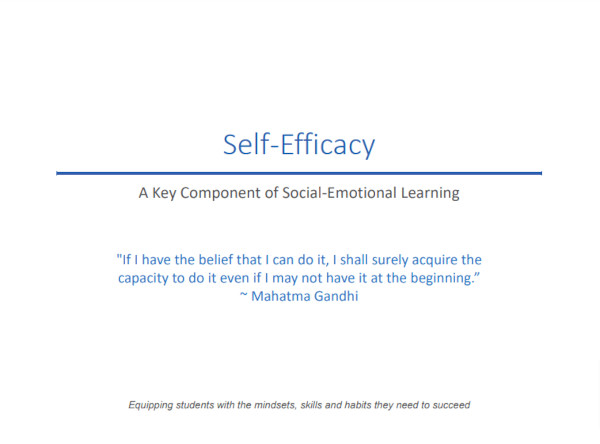
transformingeducation.org
2. Self-Efficacy Theoretical Analysis of Its Determinants and Malleability
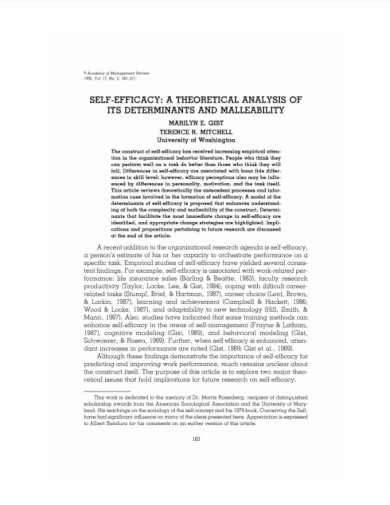
wku.edu
3. Self-Efficacy An Overview Example
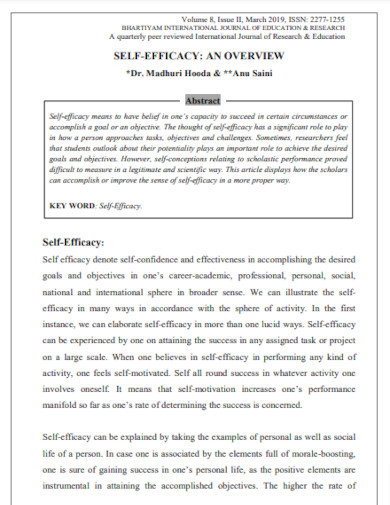
gangainstituteofeducation.com
4. Perceived Self-Efficacy Example
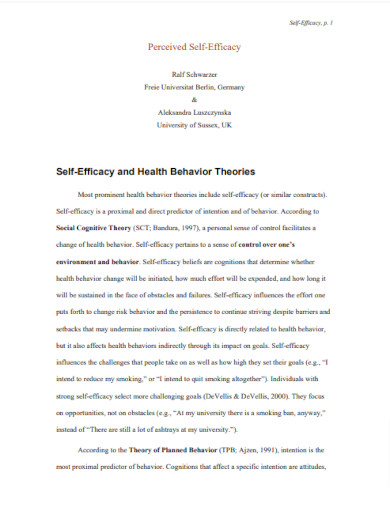
cancercontrol.cancer.gov
5. Simple Self-Efficacy Defined Example
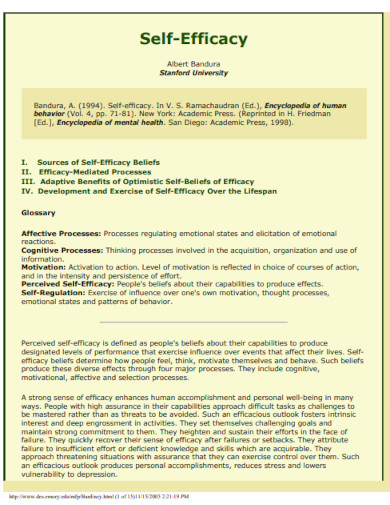
wellcoach.com
6. Self-Efficacy Performance Relationship
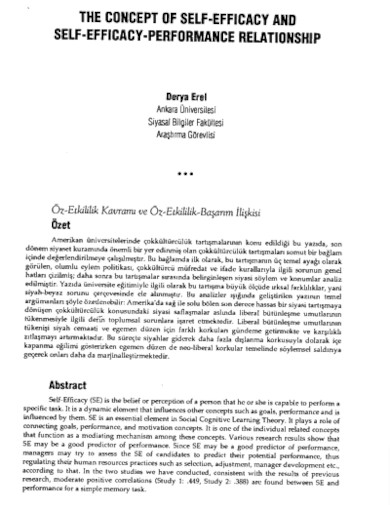
dergipark.org.tr
7. Guide for Constructing Self-Efficacy Scales
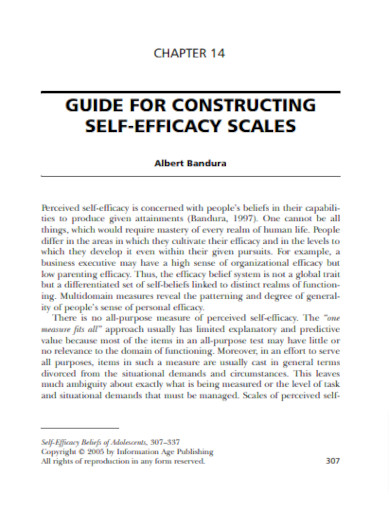
motamem.org
8. Undergraduates Perceived Knowledge Self Efficacy
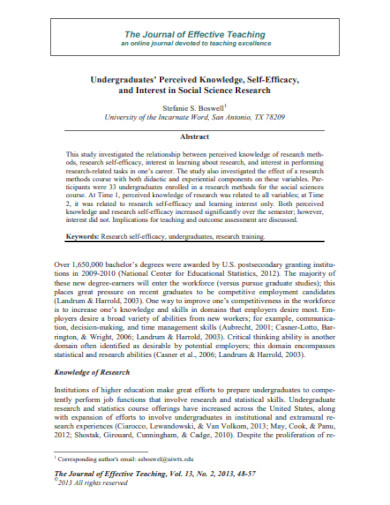
files.eric.ed.gov
9. General Self-Efficacy Scale Example
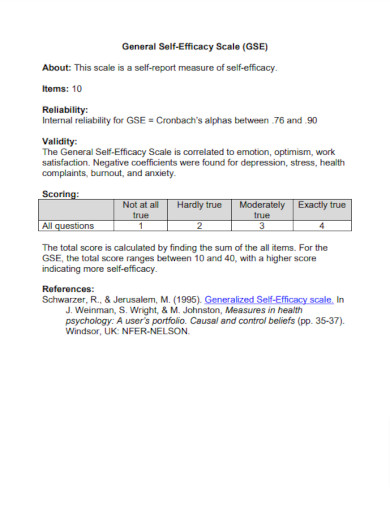
drugsandalcohol.ie
10. Self-Efficacy in the Workplace Example
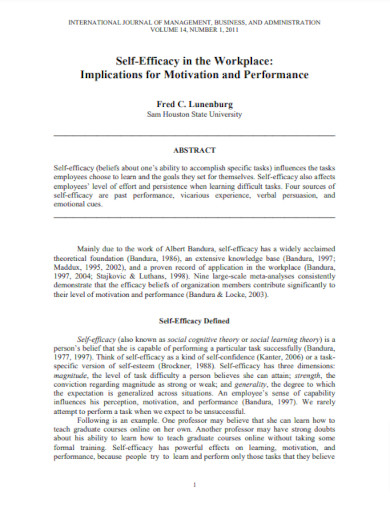
nationalforum.com
11. Sample Self-Efficacy Example
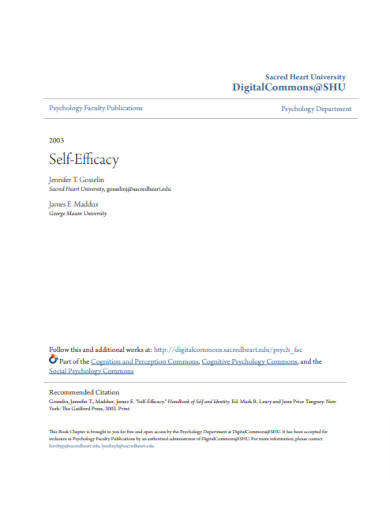
digitalcommons.sacredheart.edu
12. Self-Efficacy and Outcome Expectations in Science

pdf.sciencedirectassets.com
13. Self-Efficacy Theory Example
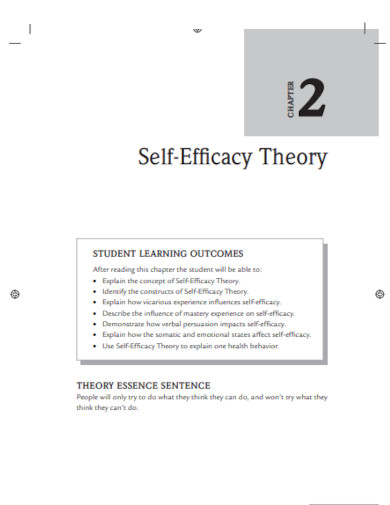
samples.jbpub.com
14. Relationship between Self Efficacy and Flow at Work
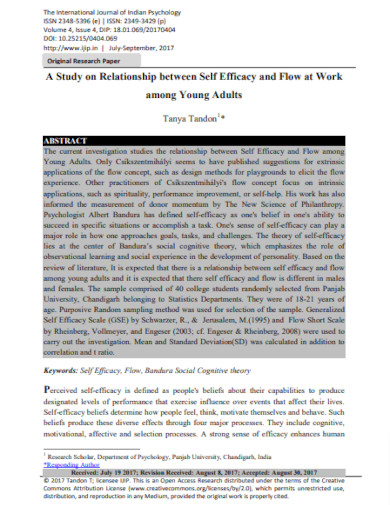
ijip.in
15. Basic Self-Efficacy Example
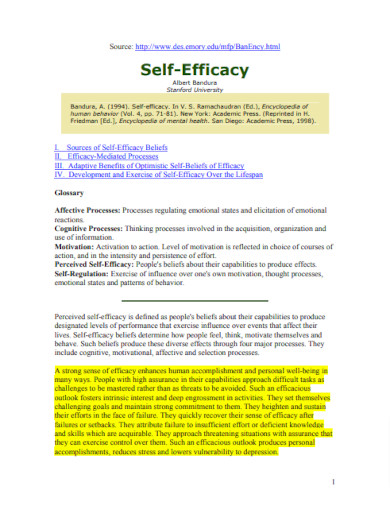
happyheartfamilies.citymax.com
16. Collective Efficacy in Athletes Example
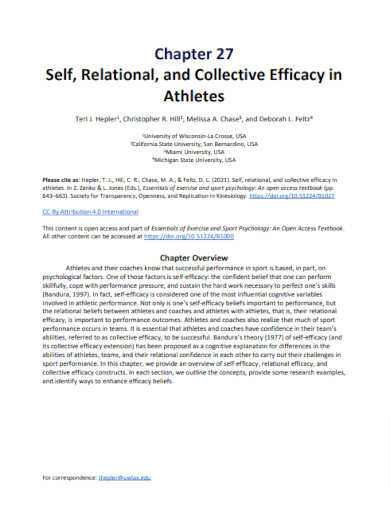
kinesiologybooks.org
17. Self-Efficacy Helping Children Believe They Can Succeed
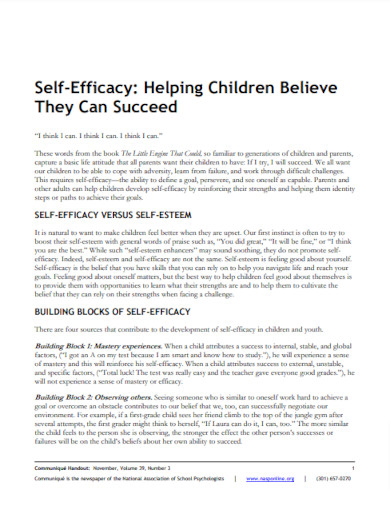
forsyth.k12.ga.us
18. Overview Self-Efficacy in STEM
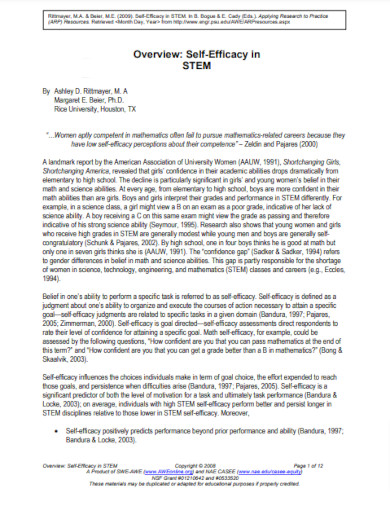
aweonline.org
19. Support Self-Efficacy Example
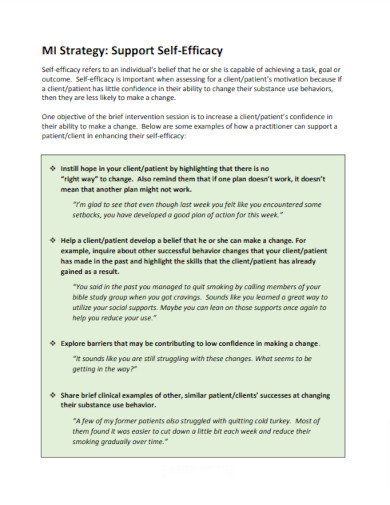
sbirt.publichealthcloud.com
20. Self-Efficacy in Predicting Example
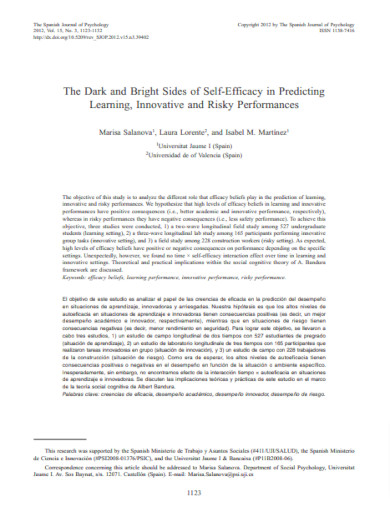
want.uji.es
21. Self-Efficacy in Achieving Health Behavior Change
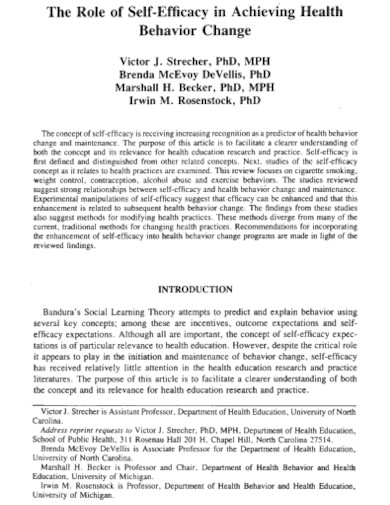
deepblue.lib.umich.edu
22. Self-efficacy and Interest Example
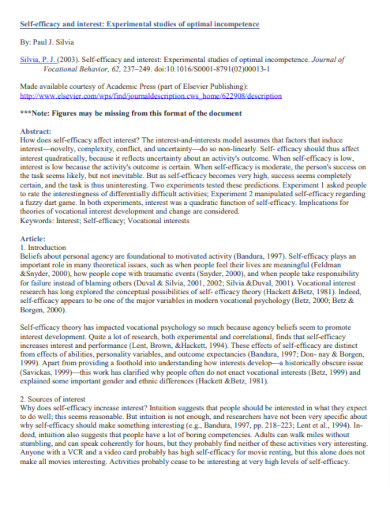
libres.uncg.edu
23. Self-efficacy Future Skills Cards Example
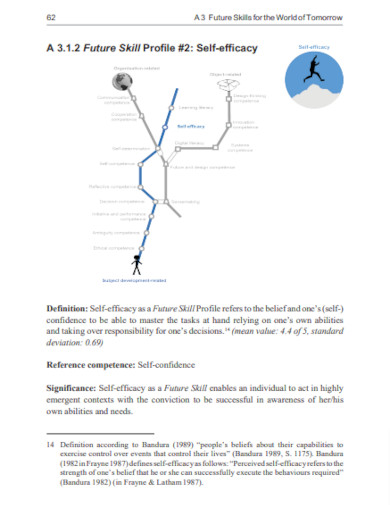
nextskills.org
24. Editable Self-Efficacy Example
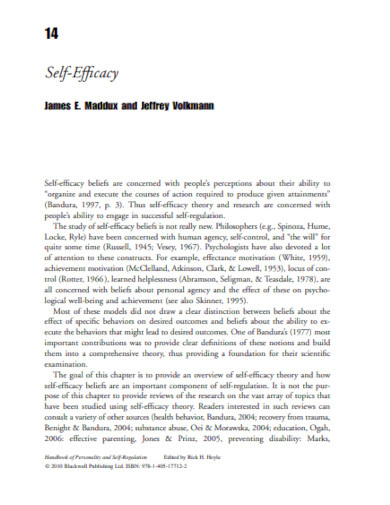
ssrlsite.files.wordpress.com
25. Self-efficacy Transition Skills and Strategies

enhancementthemes.ac.uk
26. Role of Self-Efficacy in Escalating Commitment
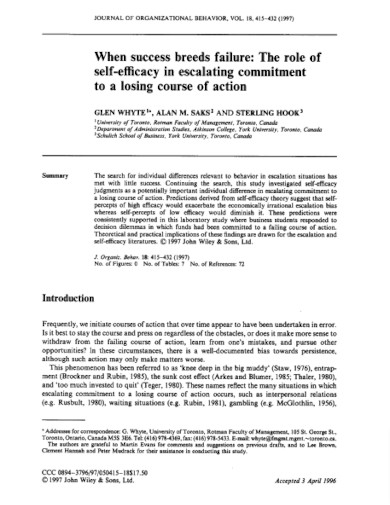
web.mit.edu
27. Self-Efficacy During Childhood and Adolescence

rhyclearinghouse.acf.hhs.gov
28. Printable Self-Efficacy Notes Example
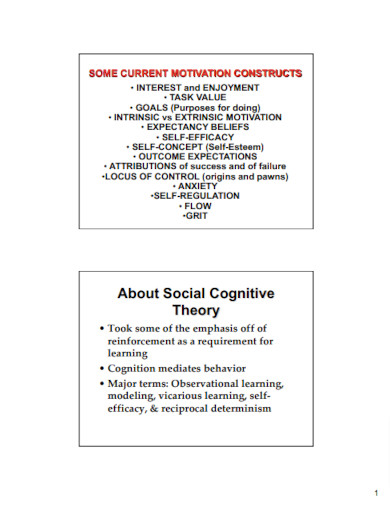
johnnietfeld.com
29. Self-Efficacy An Essential Motive to Learn
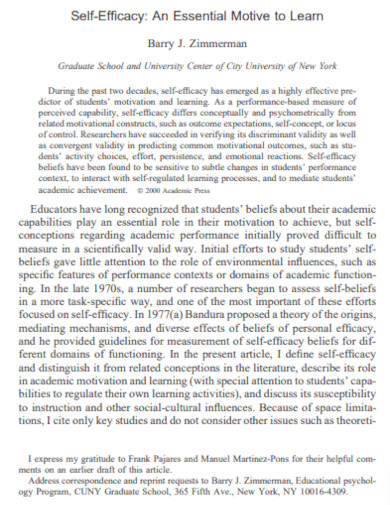
acmd615.pbworks.com
30. Self-Efficacy in Changing Societies

catdir.loc.gov
31. Self-Efficacy Theory of Behavioral Change
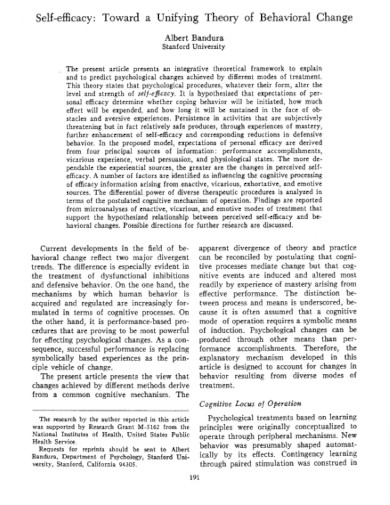
educational-innovation.sydney.edu.au
32. Introduction to Video Game Self Efficacy
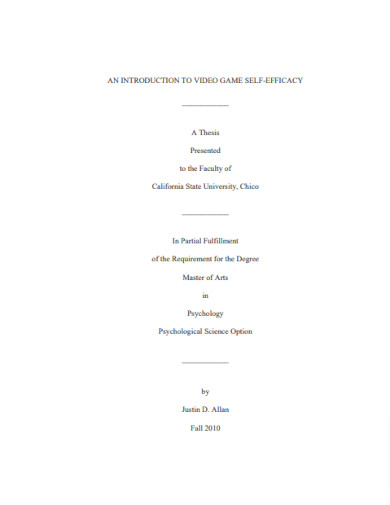
scholarworks.calstate.edu
33. Perceived Self-Efficacy Example
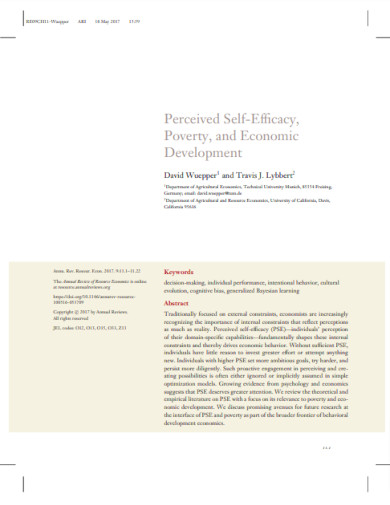
arefiles.ucdavis.edu
34. Self Efficacy in Female and Male Undergraduate
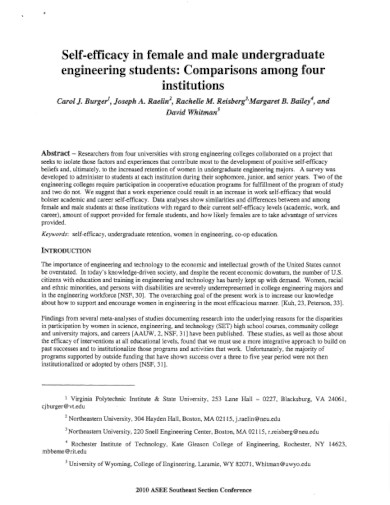
coe.northeastern.edu
35. Understanding Self-Efficacy Example
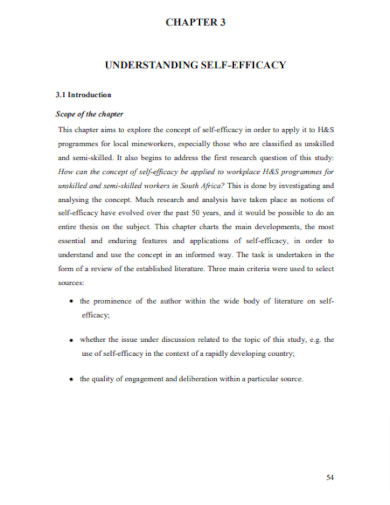
repository.up.ac.za
36. Teacher Self-Efficacy Example
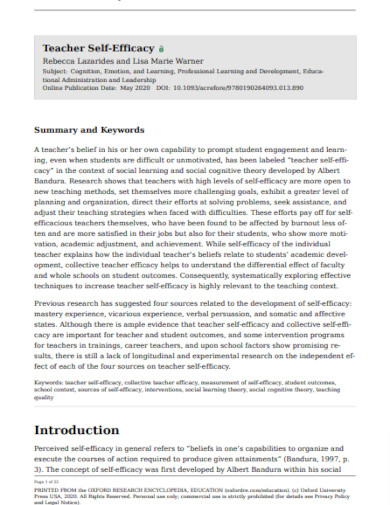
uni-potsdam.de
What Is Self-Efficacy?
Self-efficacy is an element of a person’s psyche that deals with the person’s ability to recognize the capacity of their skills, abilities, and behavior to execute or produce specific tasks or output. This element will contribute to the person’s want to do difficult tasks and will provide internal motivation.
How to Improve One’s Self-Efficacy
People who have high self-efficacy know the extent of their hard skills, soft skills, and abilities, which will reduce the effects of stress and self-doubt. Improving one’s self-efficacy will not only have a positive impact on one’s mental and emotional health, but this will also in turn improve one’s physical health.
Step 1: Practice Goal Setting
Start by practicing setting goals and achieving them. These goals should be SMART goals as people can realistically achieve them at a specific time. When a person achieves a goal they set for themselves it can inadvertently affect one’s self-efficacy.
Step 2: Recontextualize Mistakes
The person needs to realize and recontextualize mistakes as a learning tool. Not only will this allow you to improve your skills and minimize the occurrence of mistakes in the future, but doing this will also help increase your self-efficacy.
Step 3: Practice Seeing the Bigger Picture
It is important to take a step back and see the bigger picture. A significant objective will often require the person to meet and achieve smaller goals. One must practice seeing the bigger picture and understanding the impact of their efforts on a specific goal or objective.
Step 4: Try Different Things Outside of Your Comfort Zone
Self-efficacy relies on the person’s ability and understanding of the capabilities and skills that surround multiple contexts and situations. One should try different things outside of their comfort zone, which can improve your self-efficacy and can help in your journey of self-discovery.
FAQs
What are the four elements of self-efficacy?
The four elements of self-efficacy are one’s past or previous experiences, one’s observation of other people, verbal persuasion, and knowledge or understanding of their psychological cues. When trying to improve one’s self-efficacy, it is important to tackle and work on these four different elements of self-efficacy.
Why is it important to have high self-efficacy?
High self-efficacy will not only allow the person to effectively manage their stress, but it will also reduce and help reduce the said person’s susceptibility to self-doubt. In a professional and competitive environment, it is important to have high self-efficacy.
What is intrinsic motivation?
Intrinsic motivation is a type of motivation that comes from the person. Unlike extrinsic motivation, this type of motivation is long-term and will help ensure the success of difficult and long objectives and goals.
Self-efficacy is a trait everyone has, which allows the person to understand and know the capabilities and limits of their abilities, skills, and attitudes. To ensure one’s success in life, the person should try and improve their self-efficacy.

